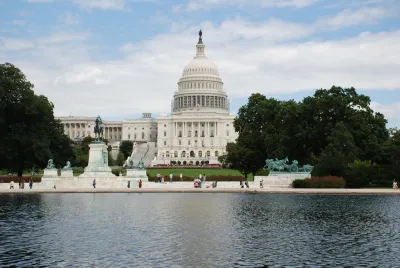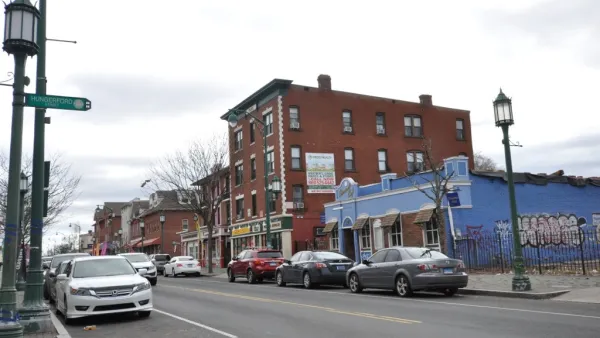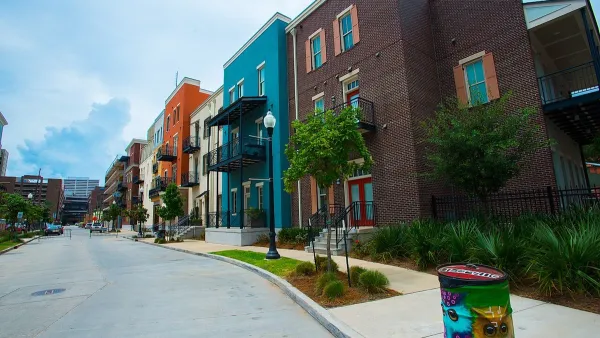If passed by the Senate, it would represent the most significant reform to the LIHTC in decades. Some say it’s still not enough.

Last month, the U.S House of Representatives passed a bill that would broaden the scope and accessibility of the low-income housing tax credit (LIHTC), reports Bianca Barragan in an article for Bisnow. Estimates project that the changes to the LIHTC within the Tax Relief for American Families and Workers Act would facilitate the creation of 200,000 new affordable housing units over the next few years.
The bill now goes to the Senate for consideration. If approved as written, it would:
- reinstate a 12.5 percent boost for the 9 percent version of the LIHTC that was implemented in 2018 but expired in 2021;
- allow states to allocate more credits for affordable housing projects, effective for taxable years beginning after Dec. 31, 2022; and
- lower the threshold of 4 percent state and local tax-exempt bond financing a project has to receive for its developer to qualify for the maximum credits to 30 percent instead of the current 50 percent.
With homelessness at record highs and the National Low-Income Housing Coalition finding that no state in the country has an adequate supply of affordable housing that the poorest renters can afford, affordable housing advocates say these proposed changes to the LIHTC are a “big deal,” writes Barragan. However, some say it doesn’t go far enough.
The National Low-Income Housing Coalition told Bisnow that even LIHTC-financed units are too expensive for the lowest income households and this legislation does nothing to address that. And the Federation of American Scientists recently called upon Congress to amend the federal code governing the program to require nonprofit developers to reinvest profits from LIHTC-funded properties into building more affordable units rather than spend it on other priorities not related to housing.
FULL STORY: 'This Is A Big Deal': LIHTC Could See Most Significant Reform In Decades

Analysis: Cybertruck Fatality Rate Far Exceeds That of Ford Pinto
The Tesla Cybertruck was recalled seven times last year.

National Parks Layoffs Will Cause Communities to Lose Billions
Thousands of essential park workers were laid off this week, just before the busy spring break season.

Retro-silient?: America’s First “Eco-burb,” The Woodlands Turns 50
A master-planned community north of Houston offers lessons on green infrastructure and resilient design, but falls short of its founder’s lofty affordability and walkability goals.

Test News Post 1
This is a summary

Analysis: Cybertruck Fatality Rate Far Exceeds That of Ford Pinto
The Tesla Cybertruck was recalled seven times last year.

Test News Headline 46
Test for the image on the front page.
Urban Design for Planners 1: Software Tools
This six-course series explores essential urban design concepts using open source software and equips planners with the tools they need to participate fully in the urban design process.
Planning for Universal Design
Learn the tools for implementing Universal Design in planning regulations.
EMC Planning Group, Inc.
Planetizen
Planetizen
Mpact (formerly Rail~Volution)
Great Falls Development Authority, Inc.
HUDs Office of Policy Development and Research
NYU Wagner Graduate School of Public Service



























